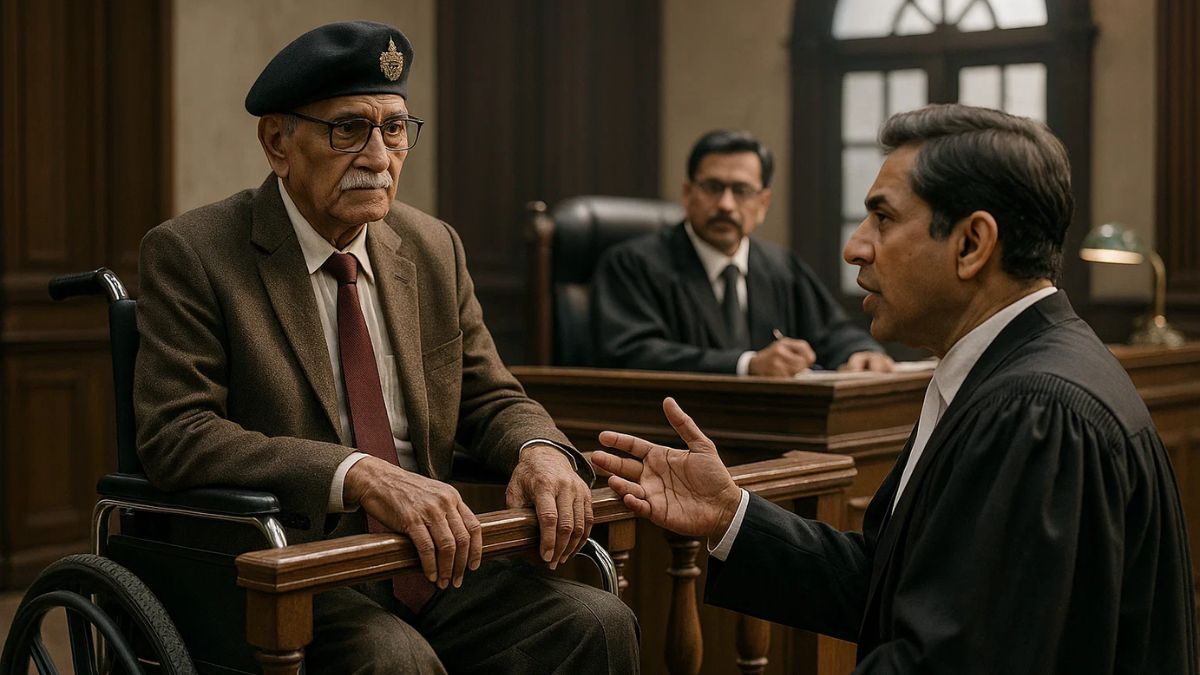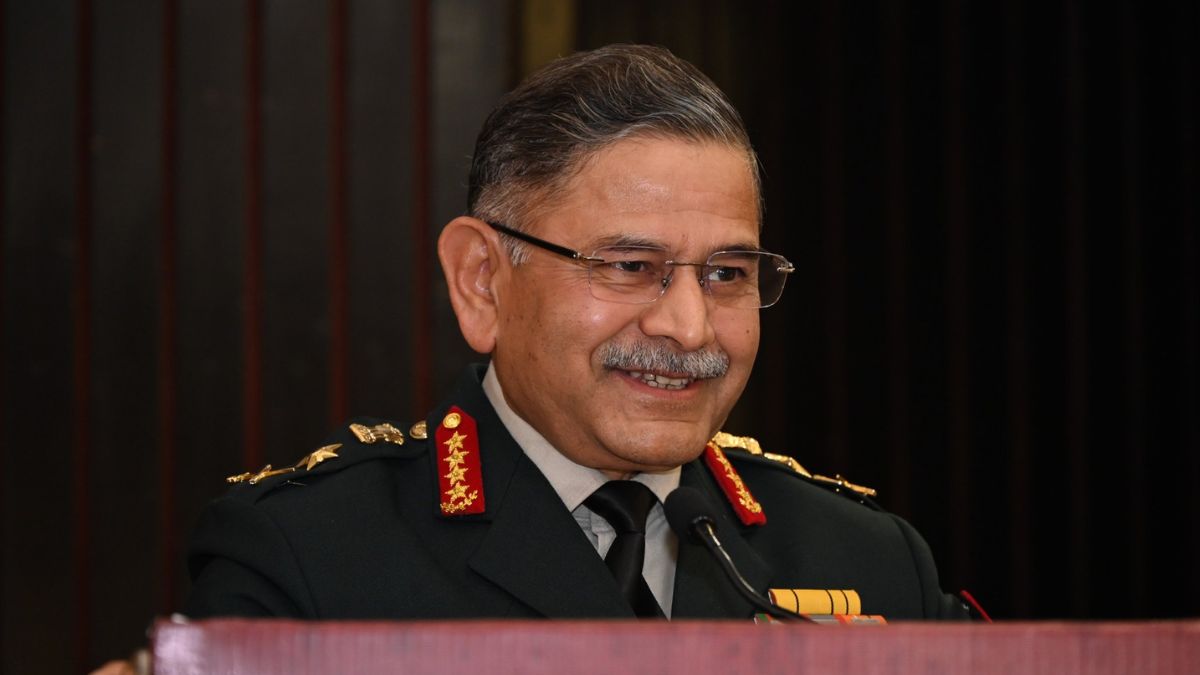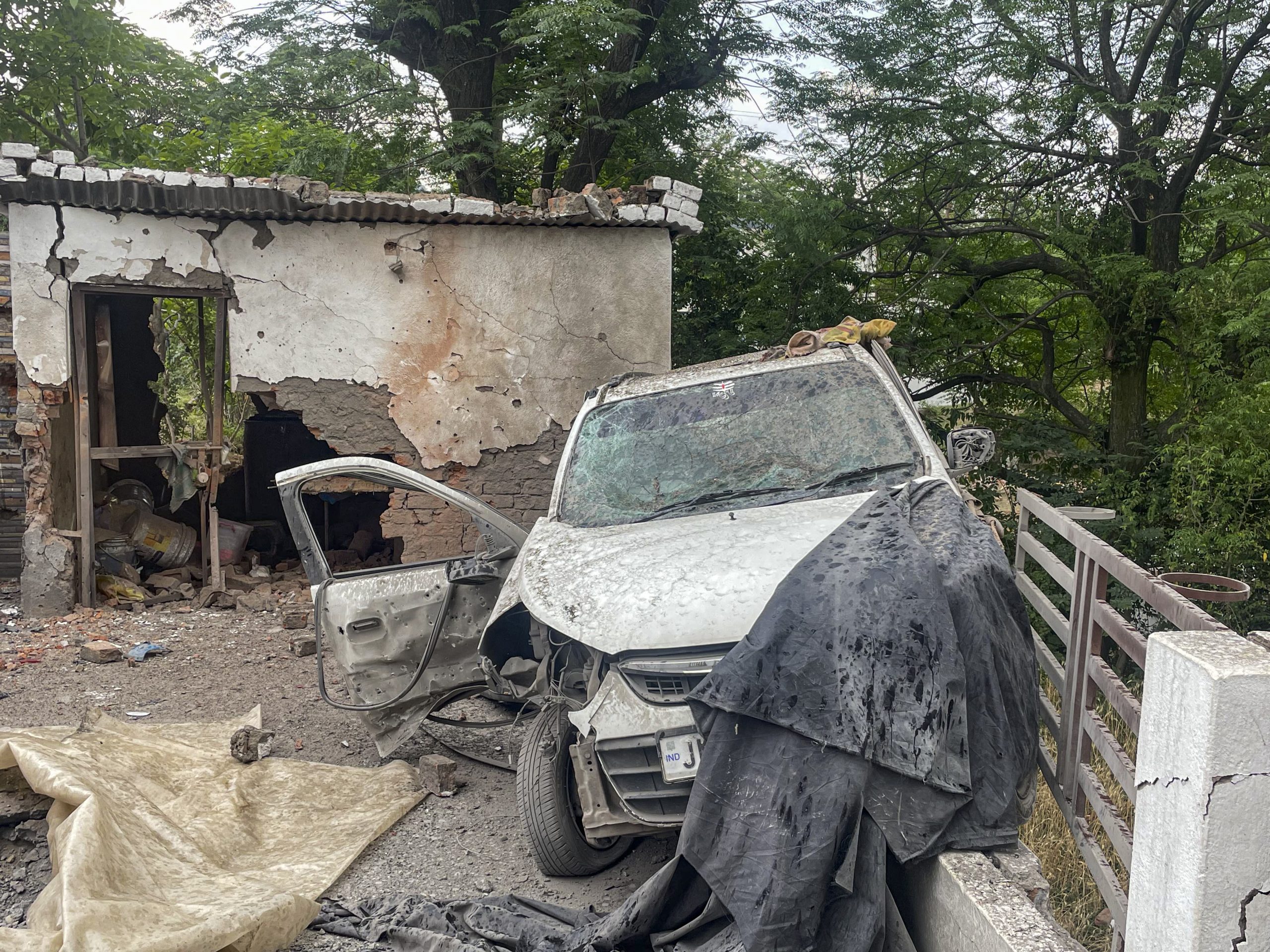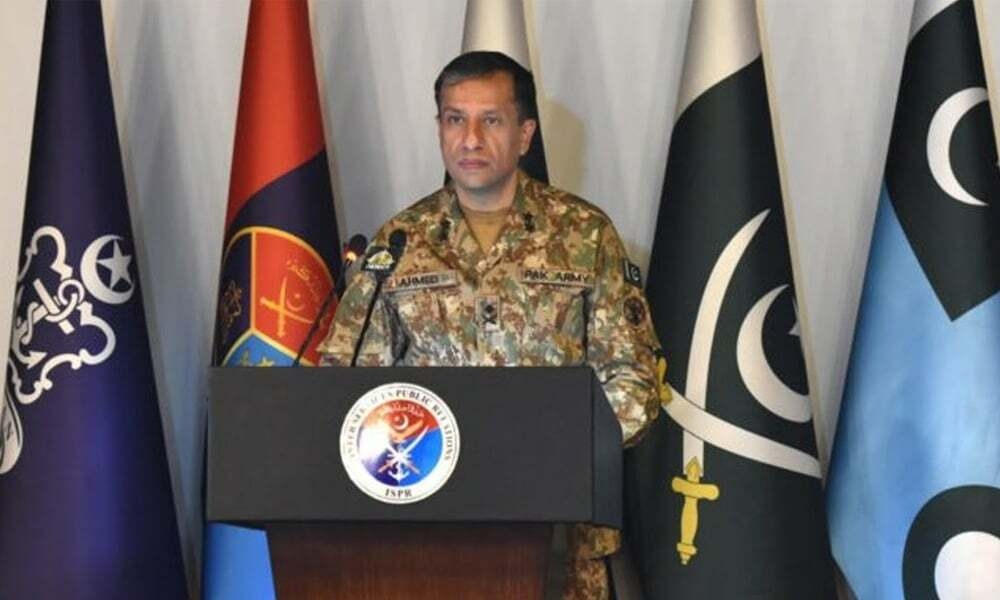Fighting Veterans in Court: Why Disability Pension Denial Is A National Betrayal

Endless cases by the Ministry of Defence against veterans is not only a waste of time and money, but also eroding trust. Image courtesy: AI-generated image via Sora
When a soldier is injured or falls ill in service, the disability pension is not a handout but an acknowledgement of sacrifice. It is the state’s promise that the men and women who defended the nation will not be abandoned once their bodies bear the costs of uniformed duty. Yet today, that compact is fraying.
Instead of honouring this obligation, the Ministry of Defence (MoD) has made a habit of contesting disability pension claims in court. Veterans, some of them in their twilight years or suffering debilitating conditions, find themselves locked in exhausting legal battles against the very government they once served. The effect is corrosive: soldiers see not compassion, but suspicion; not gratitude, but litigation.
Courts intervene where policy fails
The judiciary has repeatedly had to step in. Earlier this year, the Delhi High Court dismissed nearly 300 writ petitions filed by the MoD against orders of the Armed Forces Tribunal (AFT). The AFT had granted disability pensions to veterans suffering from ailments including diabetes, hypertension, psychiatric conditions, and heart disease.
The division bench of Justices Navin Chawla and Shalinder Kaur minced no words: disability pensions are not a matter of state benevolence but a rightful recognition of service-related hardship. The court reaffirmed the principle already upheld by the Supreme Court — that soldiers are entitled to the benefit of doubt. Unless the medical board can conclusively prove that a disease predated service and was unrelated to military duty, the claim cannot be denied.
This was not an isolated rebuke. The Telangana High Court, in another case, upheld the claim of Colonel (Retd) George Wilson, a 1971 war veteran who developed ischemic heart disease during service in the Army Medical Corps. Despite medical boards confirming that his condition was aggravated by service, his pension was blocked for years on procedural grounds. The AFT restored it, adding arrears with interest.
A waste of money — and trust
The persistence of MoD litigation has baffled both courts and Parliament. In the Rajya Sabha, MP Sagarika Ghose asked why the ministry routinely appeals against AFT rulings in favour of veterans, even when the cost of litigation far outweighs the arrears in question. Former defence ministers Manohar Parrikar and Nirmala Sitharaman had both directed that such appeals be avoided. Yet, the bureaucracy ignored these instructions.
The Delhi High Court went so far as to observe that the government’s stance was a waste of public money and judicial time. But the larger cost is borne by morale. For soldiers still in service, the sight of their seniors — sometimes widows and severely disabled colleagues — dragged to court sends a devastating signal: that the state does not trust their sacrifice.
The 2023 rules: Narrowing entitlement
This clash has been sharpened by the MoD’s 2023 “Entitlement Rules for Casualty Pension and Disability Compensation.” These rules redefined disability as “impairment,” narrowing eligibility. Conditions caused by prolonged stress, long deployments, and service strain were stripped out. Lifestyle-related diseases such as diabetes were excluded. Heart conditions were acknowledged only if linked to extreme environments such as high-altitude postings.
The contrast with civilian rules is stark. Under the Central Civil Services (Extraordinary Pension) framework, lifestyle and stress-induced ailments remain covered. In effect, a bureaucrat is granted broader protections than a soldier in uniform. For veterans, this double standard feels like an insult layered upon injury.
Moreover, the 2023 rules reinstated a 10-year service requirement for invalid pensions, depriving those forced out early due to severe illness or injury. The All India Ex-Servicemen Welfare Association condemned the policy, calling it discriminatory and arbitrary.
More than a legal question
Disability pensions are not just about money. They embody the state’s recognition that military service is inherently hazardous — whether on the battlefield or at so-called “peace postings.” Soldiers live under conditions of stress, separation, and constant readiness that erode health over time. To deny this is to deny the lived reality of military life.
By forcing veterans to prove their worthiness in court, the government risks undermining the very fabric of trust that sustains the armed forces. A soldier who doubts whether his family will be looked after may hesitate in the moment of sacrifice. That hesitation cannot be afforded in combat.
The issue is no longer one of technical eligibility but of national honour. Courts have made the principle clear: disability pensions are a right, not largesse. Yet until the MoD’s bureaucratic instincts are checked, the government will continue to find itself in the dock — not only before judges, but in the court of public conscience.







